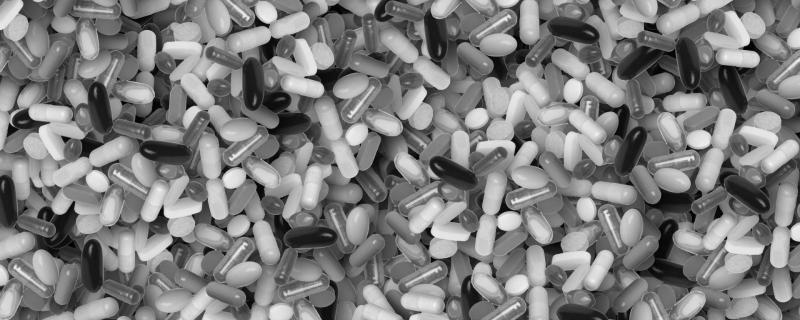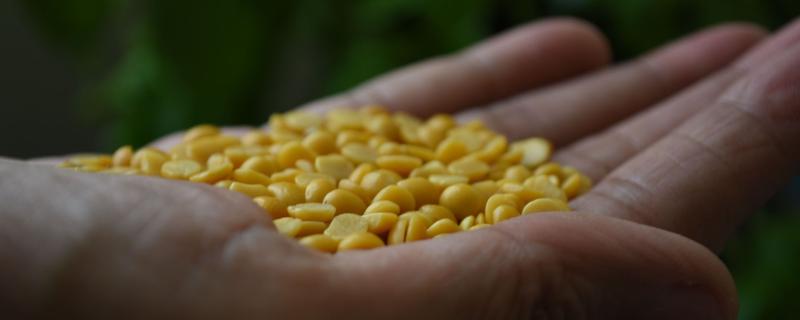Scientists from the Indian Institute of Technology, Bombay, warn us that the problem of texting while driving is a much more worrisome one than previously anticipated. In their recent study they have look at how reaction times of drivers are affected by texting while driving. The study shows that texting can cause upto a 171% more delay in reaction time.
Health
Scientists from Council of Scientific and Industrial Research – Indian Institute of Toxicology Research (CSIR-IITR) and Amity University, Uttar Pradesh have been studying the harmful effects of Zinc Oxide nanoparticles (ZnO NPs) on living tissue and genes in mice, and their study reveals a potential threat lurking, if increasing use of such nanoparticles is not addressed soon.
Scientists from the Council for Scientific and Industrial Research (CSIR) - Indian Institute of Integrative Medicine, Jammu and the Academy of Scientific and Innovative Research, New Delhi have now synthesized hybrid protein sequences with antimicrobial properties, by using a mixture of natural and synthetic analogues of amino acids – the building blocks of proteins.
The whole world is struggling with the problem of antibiotic resistance developed by disease causing organisms. The epidemic of Tuberculosis especially plagues countries like India. In their recent research scientists from the Central University, Punjab have identified a new target drug to beat the bacteria’s defense against antibiotics.
Scientists from Indian Institute of Technology Madras, Chennai and Indian Institute of Science, Bengaluru have developed a novel complex made of silk fibroin (SF) with embedded silver oxide nanoparticles (Ag2O) for wound healing and anti-bacterial applications.
Scientists from the Indian Institute of Technology- Madras, Chennai and CSIR- Central Leather Research Institute, Adyar, Chennai have developed a new drug combination to effectively treat diabetic wounds.
[field_op_main_image]
Researchers from the Indian Institute of Technology, Guwahati have developed a genetically modified variety of cowpea resistant to Mungbean Yellow Mosaic India Virus. Since the legume grain is one of the major sources of protein for a section of the country’s population, this discovery is important to ensure that the yield of the crops is not affected.
Scientists from Sun Yat-sen University, China, International Centre for Genetic Engineering and Biotechnology, Delhi, Indian Institute of Rice Research and Agri Biotech Foundation have explored the microbiome or microbes associated with a major rice pest, Asian Rice Gall Midge.
Scientists from the Indian Institute of Science Education and Research at Mohali, study how a type of genetic material called messenger RNA (mRNA)and how it interacts with STAR proteins. The findings of the study shed light on protein folding and could also be used to design new types of drugs.
Researchers from the CSIR- Institute of Himalayan Bioresource Technology, Palampur, Himachal Pradesh have discovered the presence of a novel cryptic virus tentatively called the Arhar cryptic virus-1 in Pigeonpea plants from pigeonpea field in Telangana state.





